
Survivors of oropharyngeal cancers who developed late lower cranial neuropathy reported having worse treatment-related symptoms.

Your AI-Trained Oncology Knowledge Connection!


Survivors of oropharyngeal cancers who developed late lower cranial neuropathy reported having worse treatment-related symptoms.
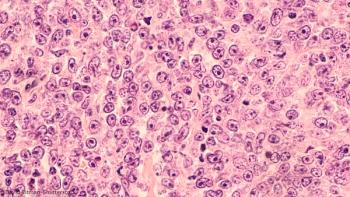
A study shows pretreatment ctDNA levels and molecular responses are independently prognostic of outcomes in lymphomas.
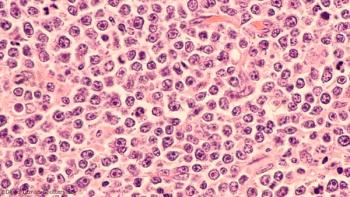
Antiretroviral therapy and rituximab show promise in aids-related diffuse large B-cell lymphoma patients.

The PVX-410 vaccine shows immune responses in a patient population with smoldering myeloma.
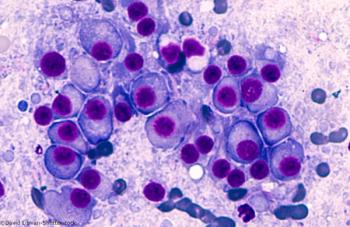
A study shows prescription drug coverage leads to better survival among Medicare beneficiaries with multiple myeloma.

A study finds tailored phone intervention significantly increases colorectal cancer screening compared to usual care.
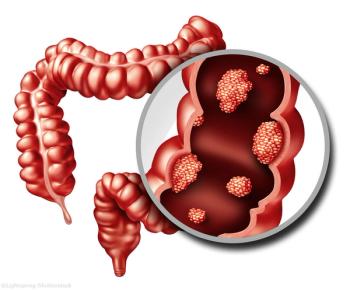
It may be possible to predict personalized tumor progression in CRC patient's liquid biopsy and mathematical modeling.
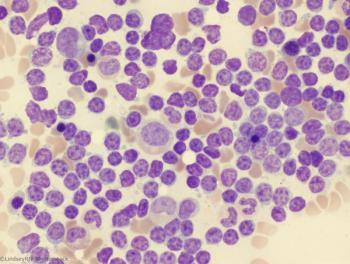
Ibrutinib demonstrated superior response rates and survival in certain CLL patients despite exclusion from major clinical trials.
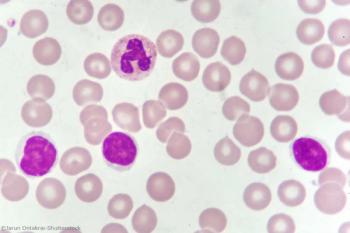
A study shows bendamustine followed by venetoclax and obinutuzumab was active in treatment-naive or relapsed/refractory CLL.

The number of nurse practitioners and physician assistants in oncology is growing, according to a new study.
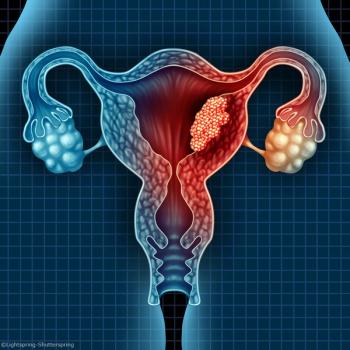
A meta-analysis finds that postmenopausal bleeding occurs in approximately 90% of women with endometrial cancer.
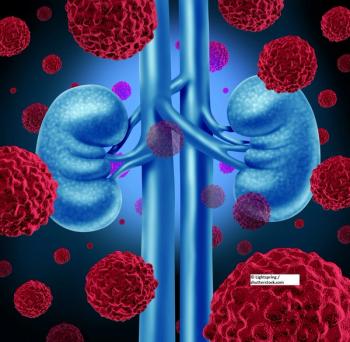
Concentrations of KIM-1 in the blood may predict for renal cell carcinoma up to 5 years prior to diagnosis.
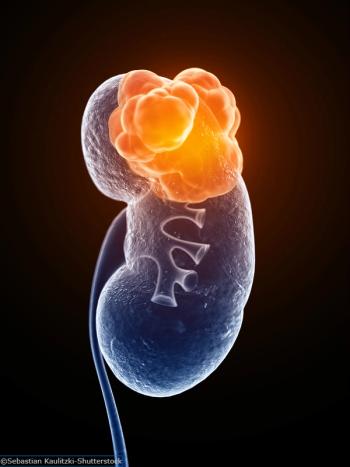
Cross-sectional, long-term imaging is shown to be important for patients with high-risk resected non–clear cell RCC.

VOC breath tests have potential, but more guidance, standardization are needed.

A retrospective study shows that undergoing oral care prior to cancer surgery decreased postoperative complications.

Relapsed or refractory multiple myeloma patients experience high response rates, overall survival with bortezomib-based therapy.
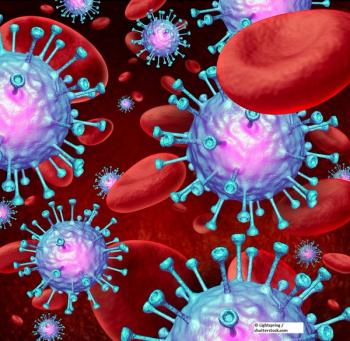
Patients treated with anti–PD-1 or anti–PD-L1 inhibitors in clinical trials were successfully retreated with the inhibitors after discontinuing the treatment.

DLBCL and FL patients experience considerable economic burden during the first year after diagnosis.

The survival advantages associated with NCCN guideline–driven care were not realized in younger patients with stage II and stage III rectal cancer.

A high level of resilience was associated with a better mental and physical health-related quality of life among patients with multiple myeloma.
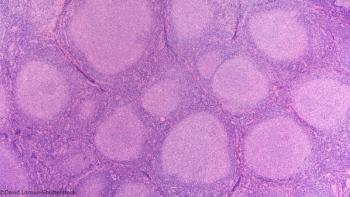
The combination of obinutuzumab and lenalidomide was found to be effective in relapsed or refractory follicular B-cell lymphoma.

New data support PFS as a surrogate endpoint for OS in future trials evaluating chemoimmunotherapy in DLBCL.

The inverse association between circulating DBP and risk of RCC support emerging evidence for an etiologic role of DBP in cancer.
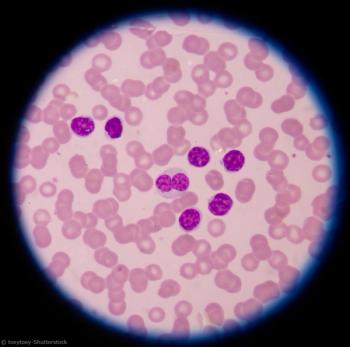
Chemoimmunotherapy followed by lenalidomide consolidation is tolerated and extends PFS and OS in CLL patients.
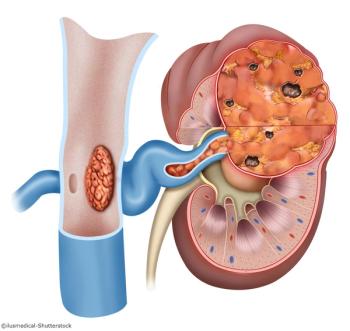
A nested case-control study found that the association between obesity and RCC varies depending on subtype.

A Washington University School of Medicine team’s findings might inform future research into inhibitors of angiogenesis and PD-1 in head and neck cancer.
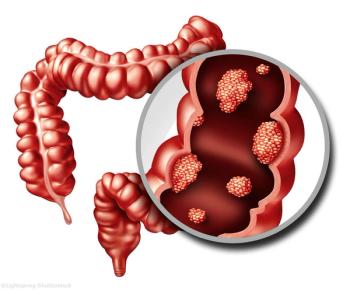
Canadian Cancer Trials Group investigators say it's unclear if disease biology is different in younger patients or if older ones are more likely to undergo screening.
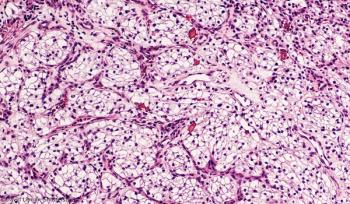
PFS, tumor response, and safety outcomes were similar in patient cohorts under age 75 vs those 75 years of age and older.
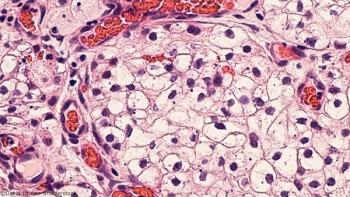
The statement emphasizes strategies for multidisciplinary care, and proposes an algorithm for clinical management of bone metastasis in RCC.
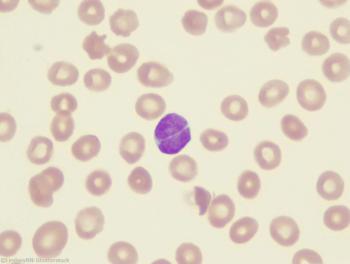
In addition to significant improvements in 5-year OS and PFS with maintenance rituximab, there was a trend toward an association between maintenance and reduced transformation risk.